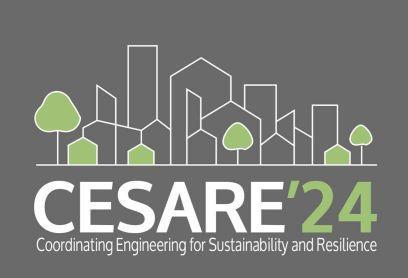Speaker
Description
The situation and tendencies of organic nano-photovoltaics will be reviewed from the point of view of circular economy.
Organic photovoltaics offers many advantages as compared to the inorganic one, as, e.g., green production, recyclability, cheap manufactory, advanced design possibilities for incorporation into green houses, and many more.
We will give a concise overview of organic photovoltaics starting from the underlying physics up to the current achievements and perspectives of commercialization in circular economy.
The noticeable advances in the efficiency of the organic PV took place recently, making them very attractive for the realization of the goals of circular economy. However, the first commercialization attempts failed because of the poor business strategy. Nowadays several institutions are competing in the field, exploring physical and engineering solutions. The prototype devices were already announced. Nevertheless, the commercial success will depend also on their popularity among end-users, and the commercial management striving to realize the principles of circular economy.
Microscopic charge transport is of primary importance in organic material and device engineering, as it determines macroscopic material parameters, conditioning device efficiency. Due to the hoping nature carrier mobility is one of the main factors limiting charge transport in disordered organic materials. Thus, understanding of the fundamental transport properties is a must for the device engineering.
We will demonstrate that in materials and structures promising for organic and hybrid photovoltaics carrier transport is influenced in a complex way by the light-, electric field- and thermally- stimulated mobility and trapping, depending on the excitation. These complicated phenomena can be discriminated by sophisticated analysis and complementary experimental methods. To correctly address these issues, distribution of the density of transport states has to be taken into account.
We will also demonstrate that device degradation, related to the circular economy, is closely related to modification of the microscopic charge transport.
| Keywords | Organic photovoltaics, achievements, commercial insights for circular economy |
|---|---|
| Topics | Circular economy |

